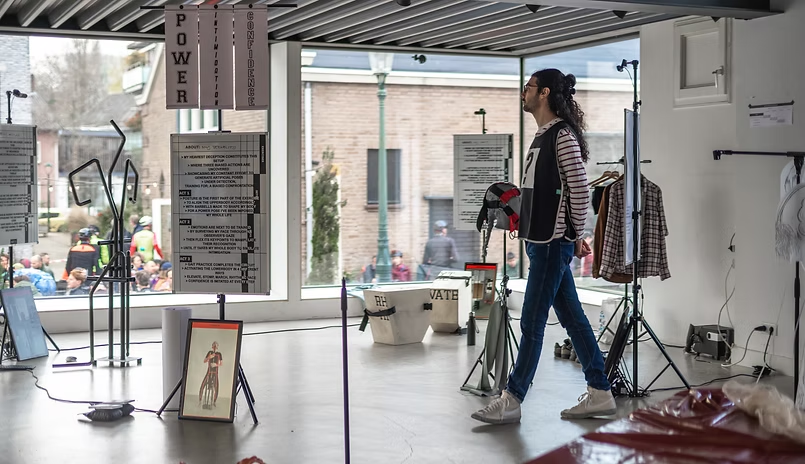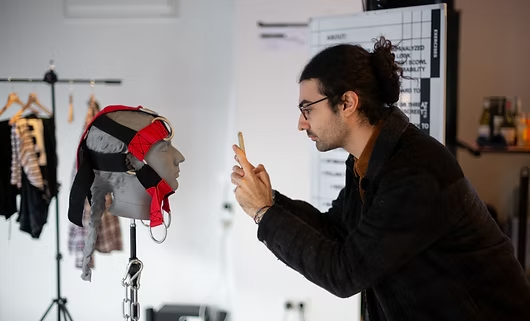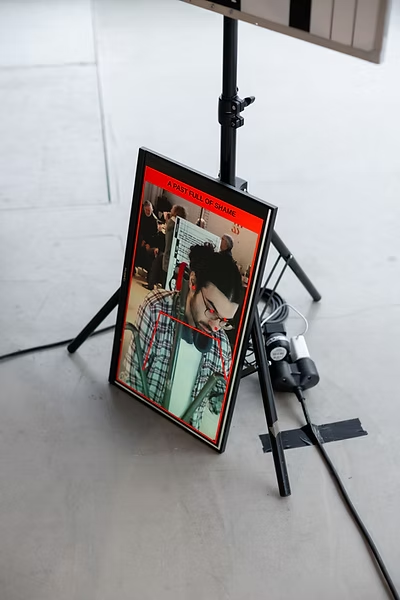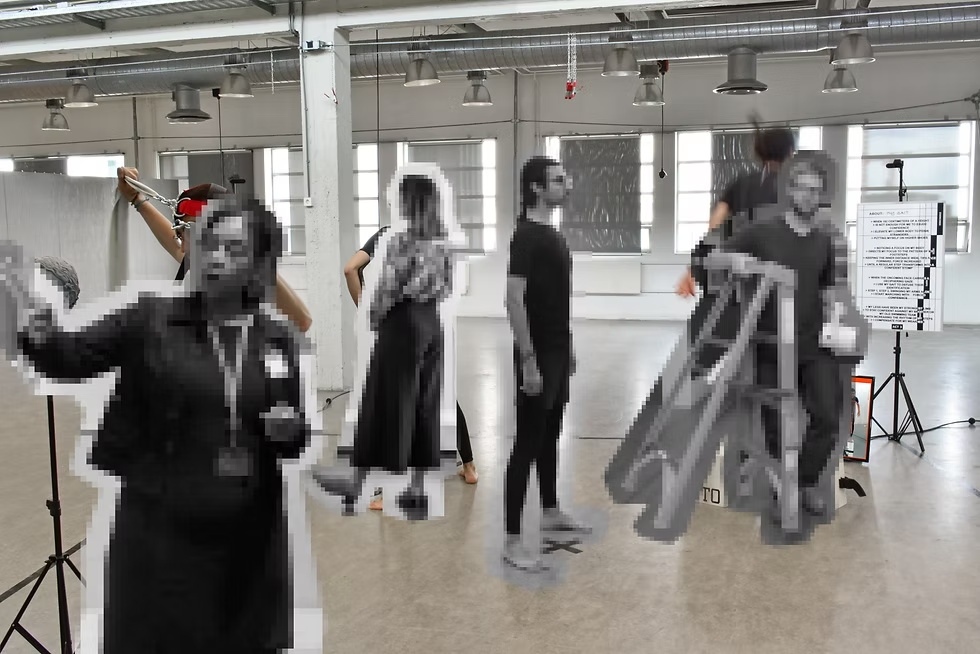About the project
Kaan Hiçyılmaz (Rotterdam, NL) is an architectural designer and artist based in the Netherlands. He holds a BArch degree in Architecture from Istanbul Bilgi University and completed his MA in Contextual Design from Design Academy Eindhoven.
His work emerges from the reciprocation between the human body and the built environment, in which he investigates elements of control directed to affect one’s physical and mental conditioning. Personal associations-dissociations, embodied research, and psychogeography become essential methodologies to shape his inquiry. Recently, he has been reflecting on (self-)surveilling as an inscribed governing tool targeted to maintain bodily control.
Approaching urban context as a space of order, he deconstructs everyday events, urban artifacts, and mundane actions as cues for our regulated daily experience. Through ephemeral public interventions and performative spatial installations, he creates physical interplays to uncover and disrupt these ordinary dynamics. His work contextualizes as critical storytelling using tools of writing, moving image, prop making, and performance.
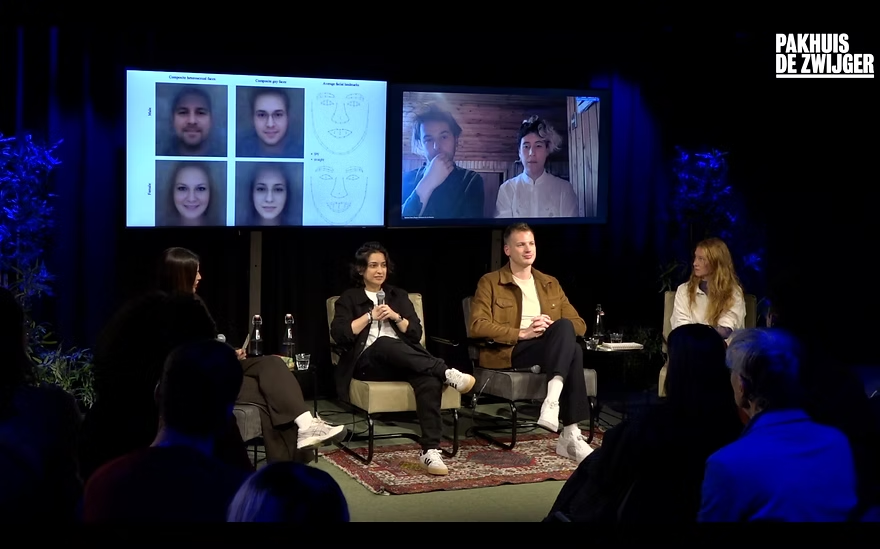
For the final special episode of Designing Cities for All, titled, AI & Identity: Challenges for the Marginalised Communities, I had the opportunity to expand on my ongoing research around [body, identity, and AI]. I invited a diverse group of speakers from different p.o.v’s and practices to touch upon justice, human rights, and liberation perspectives within the heavy implementation of digital technologies. Together, we interrogated the disproportionate impact of AI systems on marginalized groups. Even though the implementation of algorithmic models is heavily increasing, the inclusivity of these structures does not improve evenly. In fact, they exacerbate discrimination, going as far as building models to detect one’s sexual orientation from their facial features. This reinforces the urgency about the trajectory of technologies, as they are becoming the tools to govern societies.
This program aimed to uncover intersections between AI, body, and identity to discuss the extent identification systems can be developed, or fail to do so. As gender and sexual identity are also crucial parts of one’s identity, we explored if data structures could ever reach a complexity to accurately ‘decode’ this multiplicity. With bringing forward the negative and discriminating cases of artificial intelligence towards certain groups, the speakers highlighted affirmative and alternative ways of being within algorithmic structures. My goal was for the discussion to conclude by increasing awareness for non-discriminatory, just, and accountable systems of data. Speakers shared how their practice positions the advocacy to go beyond (yet always much needed) critical discussions around AI, and implement ways to dismantle injustices it generates.
“Excuse me, is this your work?” Kaan was asked this question while standing next to the spatial installation he set up to showcase his personal stories, written by him and paired with props made by him too. They were placed in front of TV screens displaying videos of him performing with them, which he also filmed and edited himself. He was deeply involved in every part of his work, thus, this question caught him off guard. Especially during his daily schedule of spending seven hours a day for a week, standing by his project on top of performing in it once a day. His role as an artist also included answering questions from visitors with complete enthusiasm. So he playfully responded to the person, saying, “Yes, all five of us did it together,” pointing at himself in the playing videos, and at the 3D print prop of his head. In retrospect, this situation indicated the identity crisis he was experiencing with his project—how it slowly became a challenge to separate himself from the work due to juggling multiple roles at once.

